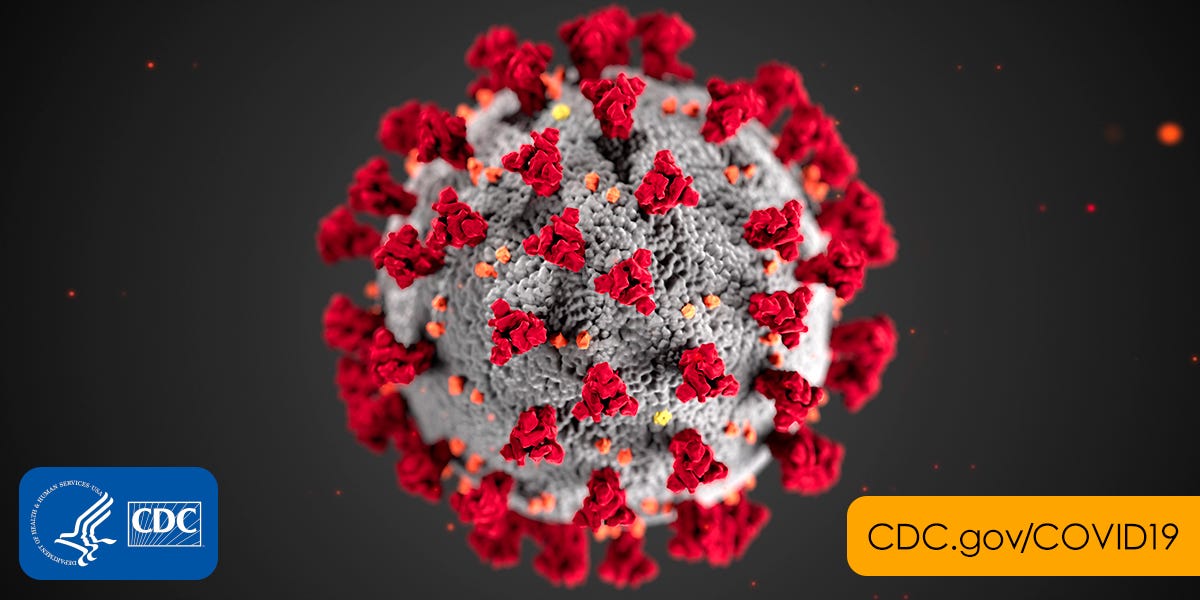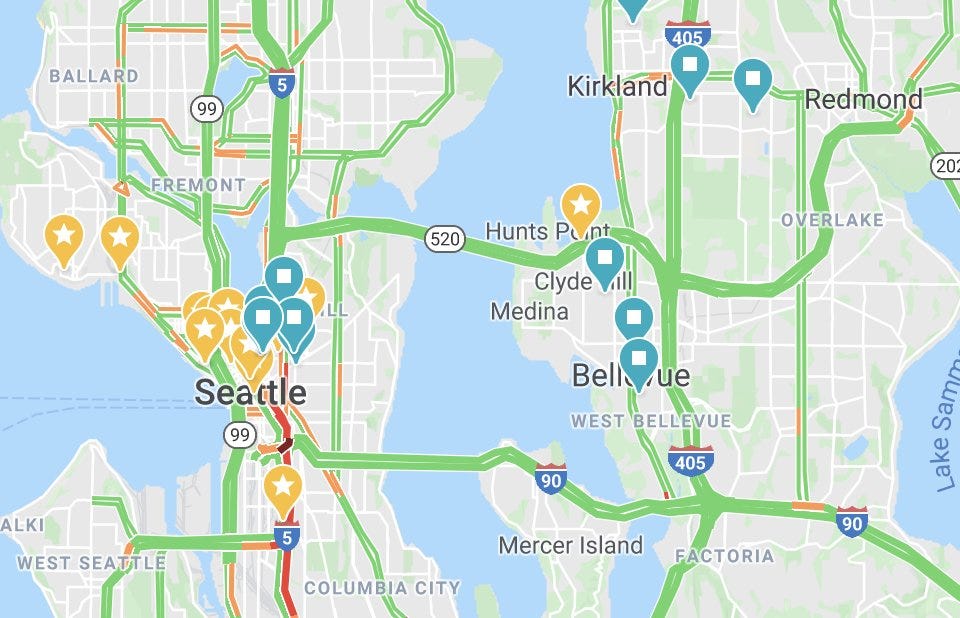Coronavirus: The Great Unmasker
Coronavirus: The Great Unmasker
 |
| CDC image of COVID-19 |
Before I continue, I’d like to preface this by acknowledging that I am not a cultural anthropologist, biologist, professor, or industry leader by any means, but the purpose of me writing this is to lay out my observations as a 21 year-old college student in the midst of what feels like a time of great tension and change. Of course, I could just be feeling this as a result of my relative youth and only witnessing a fraction of what my parents and mentors have experienced, yet I’m willing to bet even they share at least some of the same feelings as me.
Now, there’s a lot of shit that happens everyday, between politics, the economy, sports, you name it. I think what’s important today is to recognize the impact of Coronavirus on all of this and so much more, and how it is for better or worse illuminating some key deficiencies in our society. A starting point for this type of conversation begins with the demasking that the virus is causing in the realm of health and hygiene. Now that we are faced with the prospect that a deadly virus could be lurking on the very door handles we grab and and every handshake we share, we’re scared. But we weren’t scared a few months ago and maybe the fear will subside in a few months or years from now when a vaccine is developed. In the interim, we are faced with an alarming reality, but it has led to some good. Suddenly, cities are realizing that hey, maybe areas where large volumes of people pass through aren’t so clean and that it might be a good idea to fix this. For example, Boston has recently begun cleaning guard rails, handrails and fare equipment every four hours, with hand sanitizing stations being installed at subway stations and other transit facilities. In the future, even after this virus is defeated, such precautions might be a new feature of our daily lives.
Looking at the impact of the virus as a whole, I actually don’t think the health impacts are the most surprising effects. Yes, both the number of infections and deaths, and the global response to mitigate and track the virus has been impressive, but the long term impacts of COVID-19 will extend well beyond testing and anti-viral cleansing. In the medium term, we’ve seen major hotspots around the world limit crowd sizes, cancel large gatherings and events, and even cancel school. Tech companies like Amazon and Microsoft in Washington state are having many employees work from home after the virus was found to be among employees at their offices. Airlines are avoiding trips to China and other areas particularly affected by the outbreak, and airports are conducting Coronavirus screenings, even when individuals doing the screening contract the virus too. Obviously, global movement patterns have been disrupted, but what does this mean for the long term? How long will this all last for?
There’s no easy way to answer these questions and the best I can do is write down my observations and predictions. Focusing in on work patterns, the virus has exposed how we’re basically all little bees going out for honey and returning to our hives at the end of the day. The only difference, besides the obvious anatomical one, is that instead of us all buzzing off to different areas of nature to collect nectar, we’ve decided that the best way for humans to be productive is to wake up early in the morning, spend hours in traffic or on public transportation as we rush to get into work before the dreaded 9 o'clock start, and sit in an expensive piece of real estate in the middle of a giant city with everyone else as we drink our Starbucks lattes and tell ourselves how lucky we have it. Like clockwork, after a tiresome day of sitting in a cubicle, occasionally getting up to use the restroom or fill up our water bottles so we can talk to that coworker who we’ve had a crush on, at 5 o'clock everyone breathes a sigh of relief and rushes to catch a train or beat the traffic to get back home to our hive, where we’ll have a few hours to shove food down our throats and kiss our spouses before it all starts over again. If we’re lucky, maybe we’ll even play catch with our little Timmy.
As a college student who experienced this system of work in a modified form this past summer with my internship in downtown Boston, it makes zero sense to me and only leaves me with a million questions. Like, why do people willingly spend 11 hours or more per day doing work related activity when in theory they’re only performing meaningful work for 8 hours a day? I mean to say, why do a lot of us wake up at 6am to get to our morning train/ car on time, waste precious time and money commuting into the city, sit all day in an expensive office, often spending additional time and money ordering out lunch and coffee and scrolling on our phones, just to experience the same transportation nightmare going back home? That’s 3 hours or more wasted each day just to prepare for leaving home and transportation back and forth!
But, this might be changing now that the virus has forced companies like Amazon and Microsoft and many others to encourage people to work from home. Unsurprisingly, traffic in the Seattle area was nonexistent for the morning rush hour on Thursday, as seen below:

The world of tomorrow might be a world where more people work remotely from home. There would likely be far less traffic and pollution, and people would have more time to do the things they love rather than sitting in traffic or cramming themselves into a packed subway car. With the rise of companies like Zoom for conference calls and Slack for team messaging, the foundation is already there for a work-from-home revolution. The virus has illuminated how dependent we’ve become on centralized labor in dense geographical areas and jumpstarted a revolution that is coming to where and how we do our jobs.
In my next piece, I’ll share my thoughts on the economic impacts of Coronavirus and how it has unmasked the fault lines in our global economy.

Comments
Post a Comment